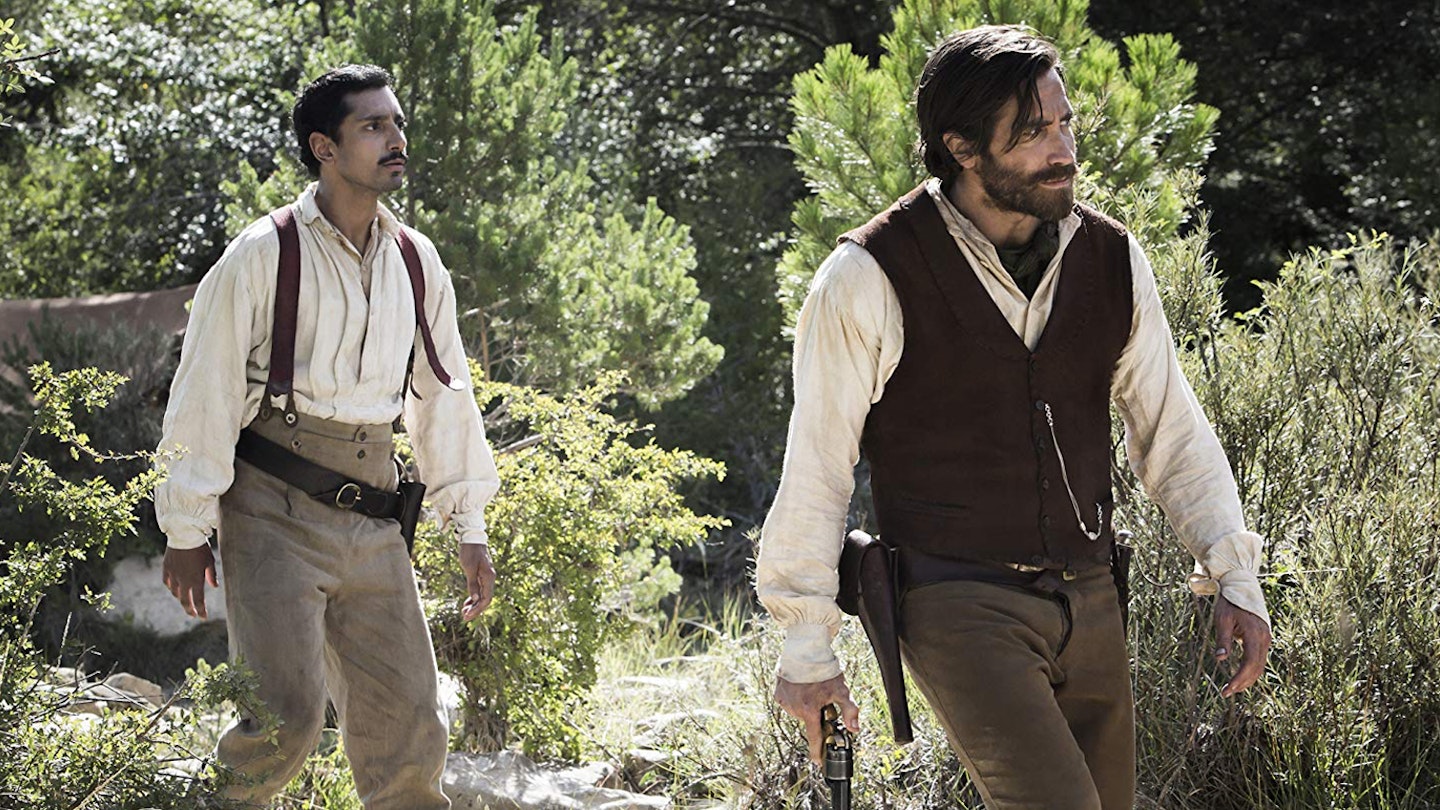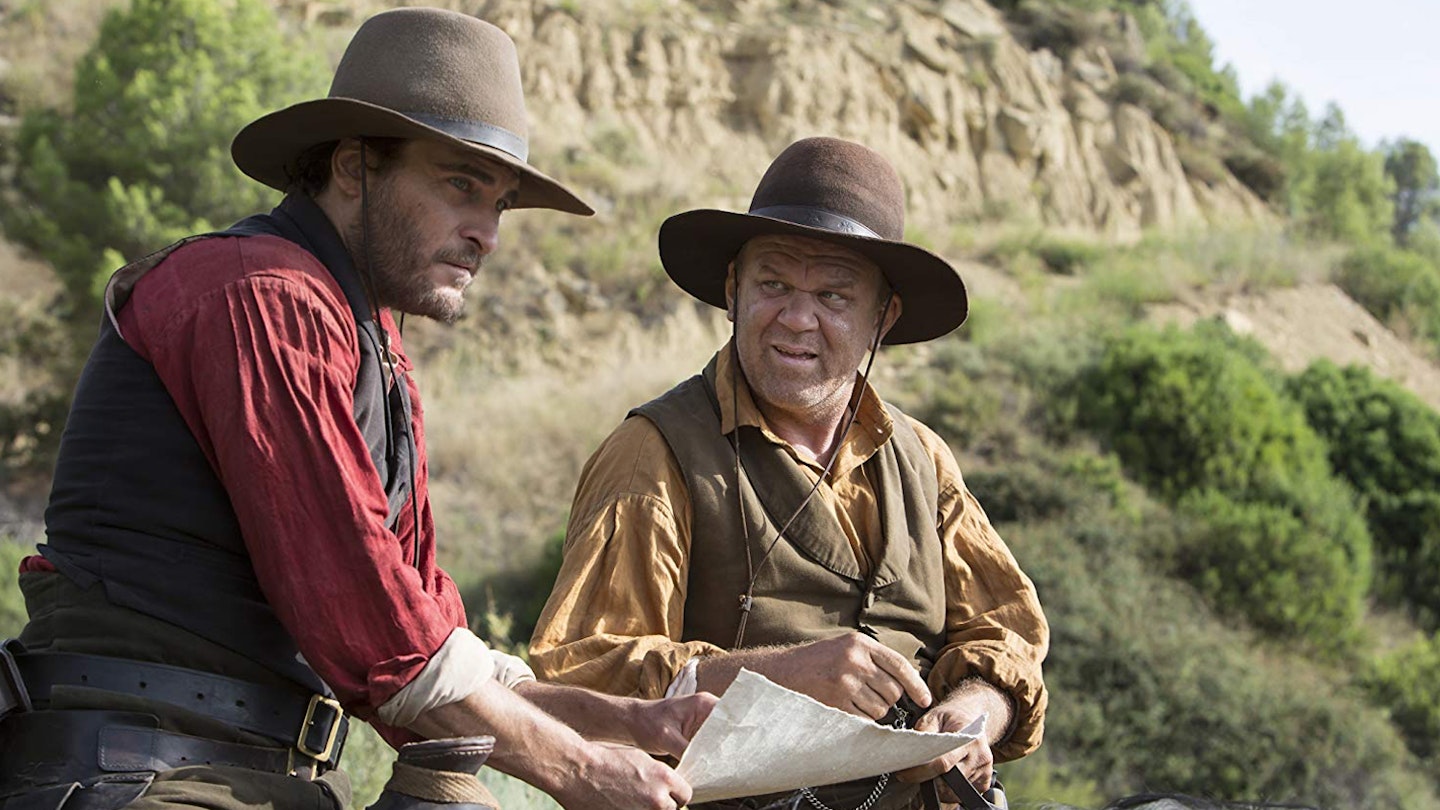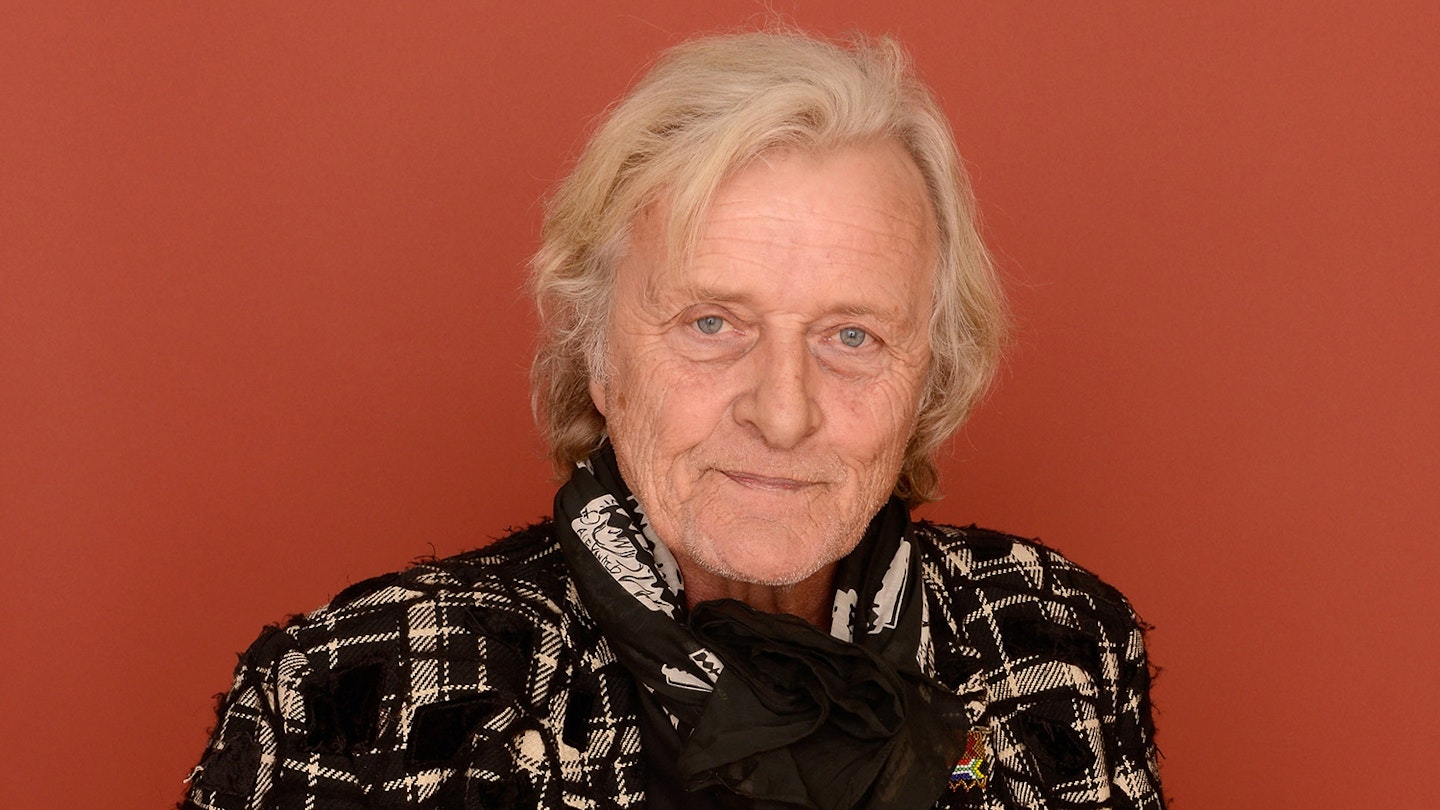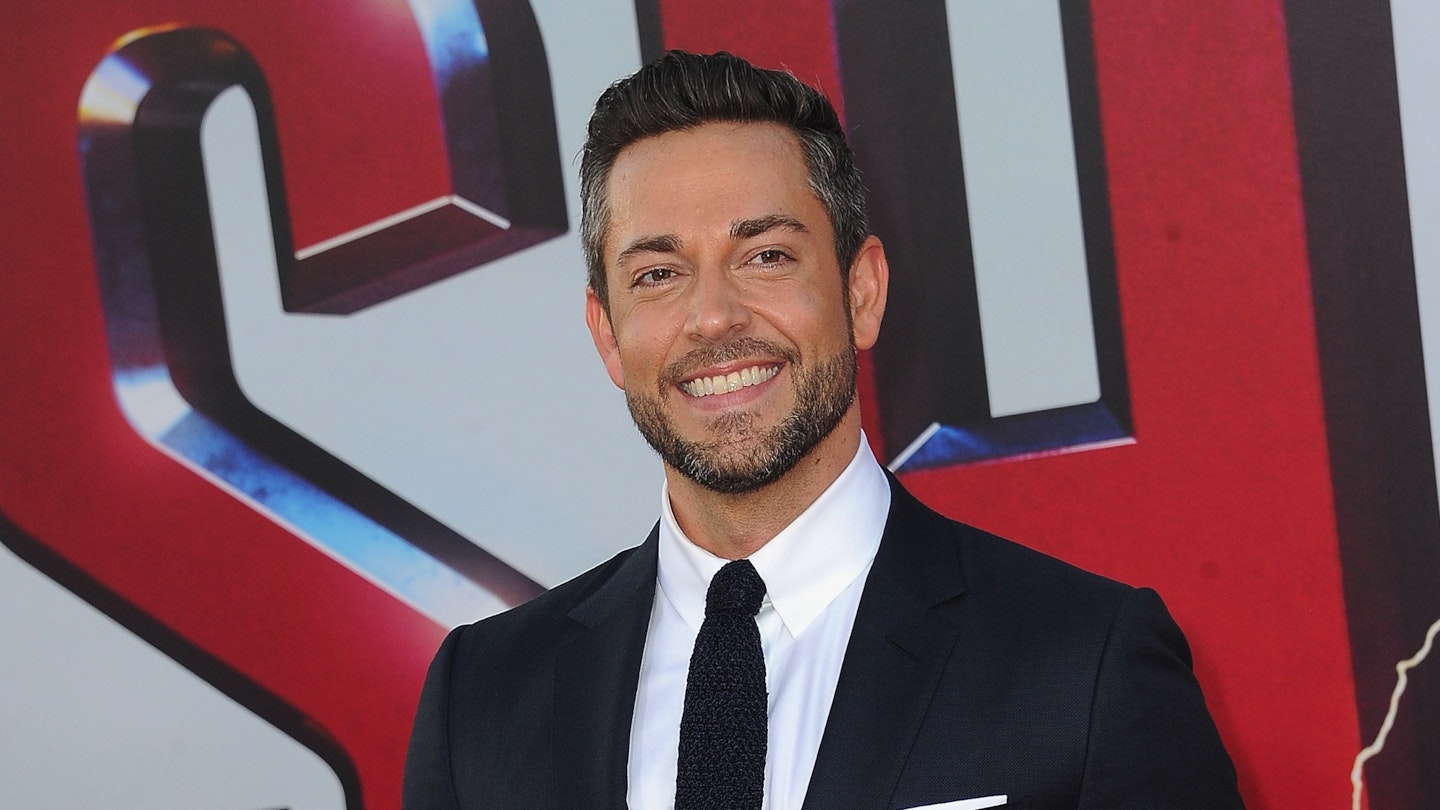Step aside, The Man With No Name, for here come The Men With Silly Names. At first glance the Sisters Brothers, aka Eli (John C. Reilly) and Charlie (Joaquin Phoenix), are tough, fleabitten prairie assassins, as fearsome as Clint Eastwood’s iconic, laconic anti-hero. But the more time you spend with them, the more you realise that this pair of firearm-packing fortysomethings are actually childish, bickering improvisers who rarely know what they’re doing, nor why they’re doing it. Undercutting established Western tropes, they’re a hoot to spend time with. And the same is true of the film in which they appear. Sometimes violent, often hilarious, and always unpredictable, Jacques Audiard’s dark Western is a terrific yarn about two uncivilised men grappling with the onset of civilisation.

Working for a shadowy figure known only as the Commodore (Rutger Hauer), the pair are hot on the trail of a man named Hermann Kermit Warm (Riz Ahmed), who is carrying an invention he claims is capable of locating gold. But this is the loosest of thrillers, unhurriedly tossing the shambling brothers into one colourful scenario after another. One situation ends with Eli puking up baby spiders; another with one of them watching as a flaming horse gallops past. This West is wild, no doubt about it, and brutal, and surreal, but Audiard paints it with an amused eye, constantly puncturing the puffed-up posturings of the tough guys who inhabit it. Often restlessly moving his cameras, rather than employing grand, locked-off, John Fordian compositions, Audiard (the French director of such dark, spiky dramas as Rust And Bone and A Prophet) keeps things feeling vital and authentically grubby. It’s anti-mythmaking, of which John Wayne would surely disapprove.
Gives a fresh jolt of electricity to the Old American West.
Wry as the whole thing may be, the two titular characters slowly win your heart. As the sensitive, prickly, blabbery Eli, Reilly (who was the main force in getting Patrick deWitt’s source novel turned into a film) is tremendous, bringing to life a sweet soul who pines for the girl he left behind (“It’s a shawl!” Eli scowls when his brother refers to the fragranced item he carries everywhere as a “silly red scarf”). Watching him get to grips with a toothbrush, a miraculous new invention in mid-19th century America, is like watching Homo erectus sizing up fire. Phoenix, meanwhile, has a rare twinkle in his eye as hard-drinking, slightly mad Charlie. Other than the times when the character is blearily napping atop his moving horse, Phoenix hasn’t been this spry on film for years. And their interplay is delightfully pugnacious, making it all the more remarkable that this is Audiard’s very first English-language film.
As it trundles along, and the bodycount inexorably rises, it develops into a four-hander. Ahmed is fascinating as the movie’s smartest character, a man who dreams of a utopian society and thinks he knows how to achieve it. And Jake Gyllenhaal (who, let us not forget, began his acting career with a less intense Western, City Slickers) provides a different vibe, as an intense prospector with his own ties to the Commodore, who’s also on the trail of Warm.
But if you think events are heading towards a traditional main-street shoot-’em-up between the oddball quartet, think again. The third act is full of wonderful weirdness and strange diversions. Much like last year’s The Ballad Of Buster Scruggs (which featured its own gold-mad prospector, in the craggy form of Tom Waits), The Sisters Brothers gives a fresh jolt of electricity to the Old American West. Not bad for a film based on a Canadian book, shot by a French director, in Spain.


